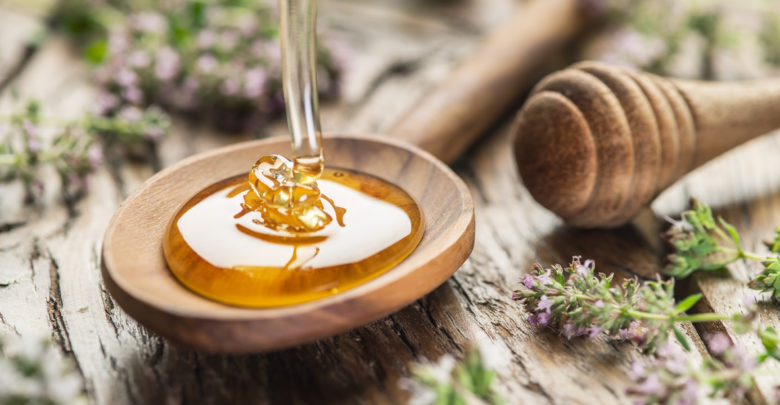Health
Use Honey To Treat A Cough Instead Of Taking Antibiotic Medicines, New Health Guidelines Say
New health guideline recommends patients to go for honey or over-the-counter remedies to cure their coughs

A new set of health guidelines coming from the National Institute for Health and Care Excellence (Nice) and Public Health England (PHE) recommends patients to go for honey or over-the-counter remedies instead of antibiotics to cure their coughs.
According to health officials, doctors should rarely prescribe antibiotics for coughs as in most cases they make little difference to cough symptoms as most coughs are caused by viruses, which cannot be treated by antibiotics and will clear up on their own.
Most of the time it is found that a cough improves on its own within two to three weeks. So, it is better to using honey and over-the-counter medicines to treat a cough before heading to a doctor. A hot glass of water with honey, lemon and ginger is a well-known home remedy for coughs.
According to the NICE draft guidance, cough medicines containing guaifenesin, pelargonium, or dextromethorphan might also be beneficial.
“If someone has a runny nose, sore throat and cough we would expect a cough to settle over two to three weeks and antibiotics are not needed,” says Dr. Tessa Lewis, GP and chair of the NICE antimicrobial prescribing guideline group.
“People can check their symptoms on NHS choices or NHS Direct Wales or ask their pharmacist for advice.”
However, when cough symptoms continue to worsen and the patient begins to feel extremely unwell or out of breath, then it would be sensible to contact their doctor for advice. The guideline states that the use of antibiotics may be necessary to treat coughs in patients with pre-existing conditions such as lung disease or cystic fibrosis, or those at risk of further complications.
It should be noted that honey is not recommended for consumption by children below one year as it contains bacteria that can cause infant botulism.
The health guidelines have warned that overuse of antibiotics is making infections harder to treat, by creating drug-resistant superbugs.
“Antibiotic resistance is a huge problem and we need to take action now to reduce antibiotic use,” said Dr. Susan Hopkins, from PHE. “Taking antibiotics when you don’t need them puts you and your family at risk of developing infections which in turn cannot be easily treated.”





